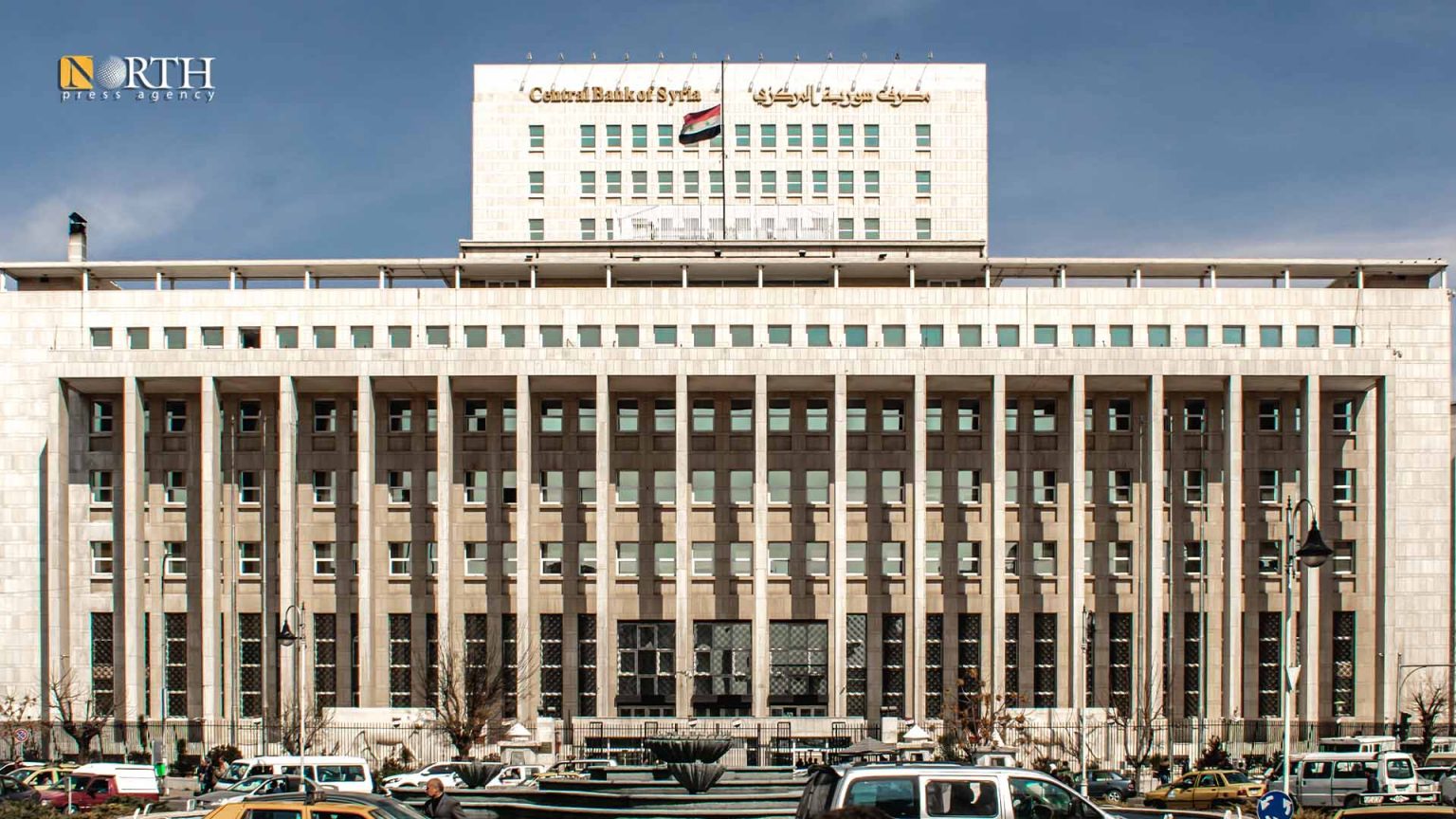Billions of Syrian pounds lose way to Central Bank of Syria
DAMASCUS, Syria (North Press) – An economist of Damascus denounced the government’s policy regarding foreign currencies, and said “the government has many sources of revenue, but it does not find an easier source than the citizens’ pockets.”
Restricting the issue of expatriates’ remittances and not investing them in an optimal manner may be one of the most important sources of revenue that the government wastes by leaving the black market exchange rate higher than the official price of the Central Bank, and this means searching for channels of exchange outside it, as is happening now.
Meanwhile, Shadi Hussein, a pseudonym for an economist residing in Damascus, describes the government’s policy in this field as unintelligible and uneconomic although remittances are a semi-major source of revenue.
Early this year, Syrian state news agency, SANA, reported that there was a significant increase in the quantities of foreign currencies entering Syria due to the remittances of expatriates abroad.
The exchange companies have been licensed to operate and this is an attempt to benefit from remittances, because economic sanctions on the Central Bank do not enable it to deal with remittances directly, according to Hussein.
The Central Bank of Syria amended the banks and exchange bulletin “to make the purchase price of personal and Western Union remittances received from abroad for the benefit of the UN and its affiliated bodies, incoming international humanitarian organizations and institutions equivalent at 2,500 Syrian pounds (SYP) against the US dollar, after it was 1,250 SYP.”
This amendment was preceded by a similar measure last year, by raising the exchange rate from 700 to 1250 SYP.
A Syrian banker, residing in Damascus, preferred not to be named, estimated the value of annual transfers at between € 4-5 billion.
However, he stresses that the prevailing mechanism led the Syrian treasury to lose the bulk of this amount, and the bulk of it goes to speculators and the black market, despite all the government’s strictness in dealing with these violations.
He added that the difference between the official exchange rate and the black market prompts the majority of people to deal with the black market to preserve the value of the remittances they receive as much as possible.
Lamya al-Awad, a pseudonym for a media activist working for a German news agency, told North Press that waiting for her monthly salary from the agency is more difficult than all the materials she prepares during the month, because getting this amount is like a new adventure every time.
“Many times, I wait for the person who will deliver my salary to me in Syrian pounds without knowing anything about him, even his name,” she said.
Al-Awad communicates with him via WhatsApp and wait in a pre-agreed place until his arrival, “I feel as I am committing a shameful act, exposing me to legal accountability.”
The Syrian banker wonders about the reasons that prevent the government from handing over the money transfer in foreign currency, and believes that this contributes to saving parts in the market instead of pumping it in Syrian pounds.
The banker stresses that what is happening now is deceiving the Syrian government to avoid large deductions from remittances.
The expatriates transfer the money to another country, and it is handed over to their families in Syrian pounds through traders who deal with transfer offices to buy goods from abroad in hard currency, and they pay in return for them in Syrian pounds to the families, and thus Syrian banks lose all these sums, according to the banker.
WhatsApp messages are the means of delivering remittances by using international phone numbers for communication, as the party to which the money is transferred requests the message that arrived via WhatsApp, and informs them that they have an amount of money that delivered to them in Syrian pounds, by thus they deprive the Syrian market of foreign currency.
The banker believes that it is better to allow the transfer to be delivered as it is to its owner, because it will contribute to an increase in the foreign exchange supply and a decrease in the exchange rate, but what is happening is depriving the recipient and the Syrian market of foreign currency.
The government interferes with the exchange rate through unofficial channels, and has issued licenses to a number of companies, to be tasked with transferring funds and financing imports, in conjunction with the decision to finance imports issued early this year.
The government is taking strict measures to fight smuggling foreign currencies, but the banker said, “These measures are insufficient no matter how strict the government is, as long as the price difference is non-remunerative.”

